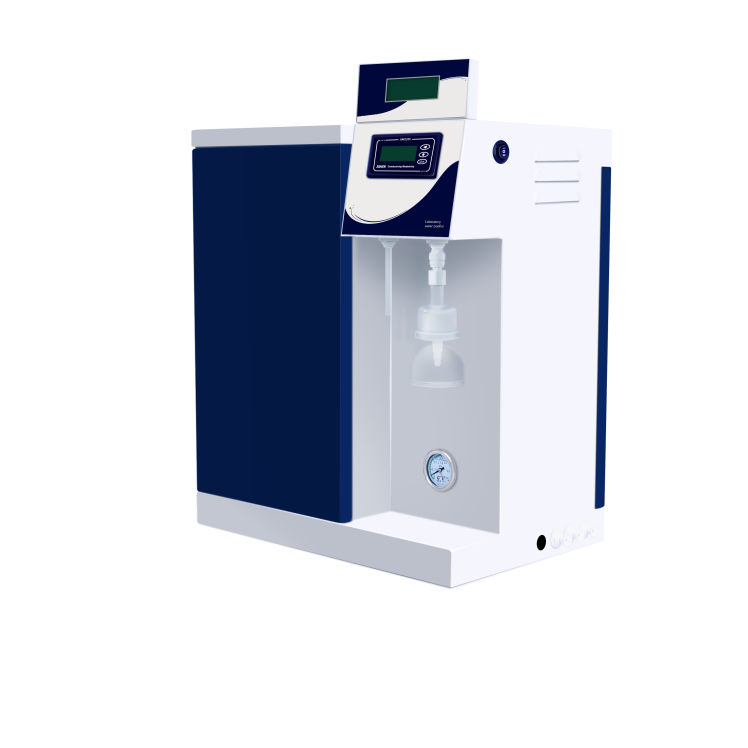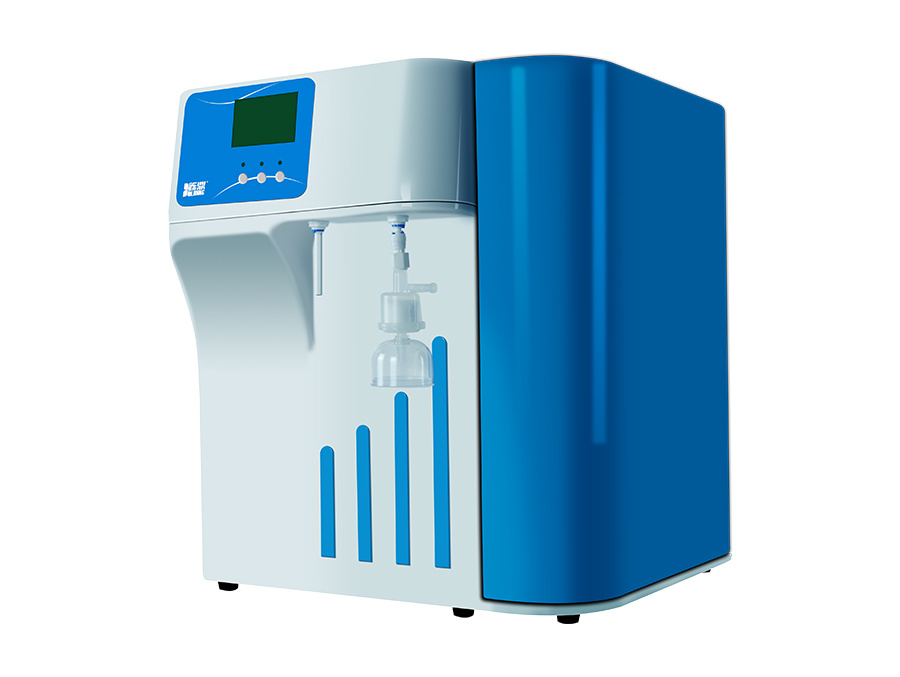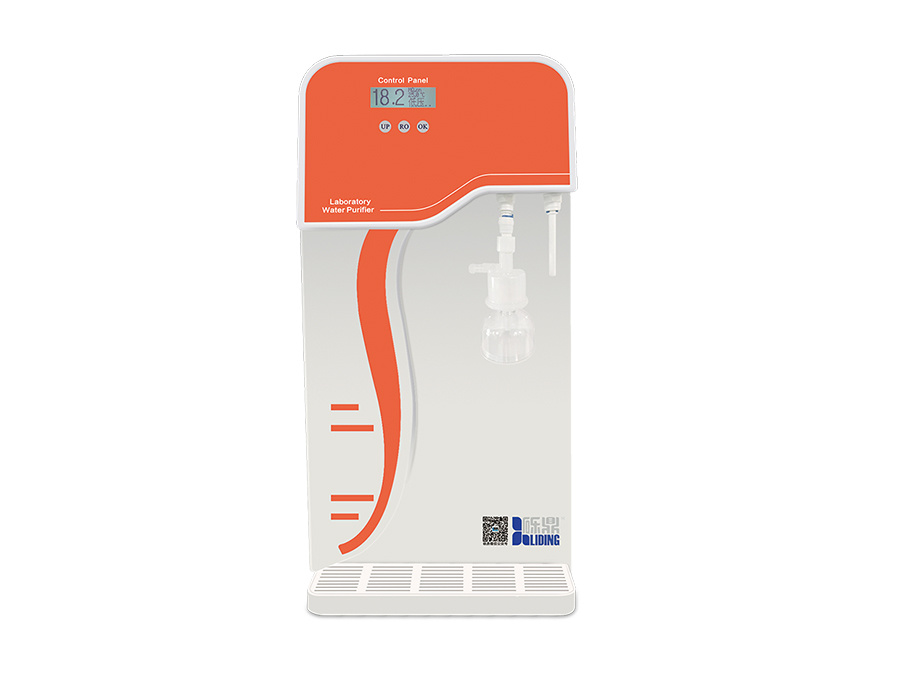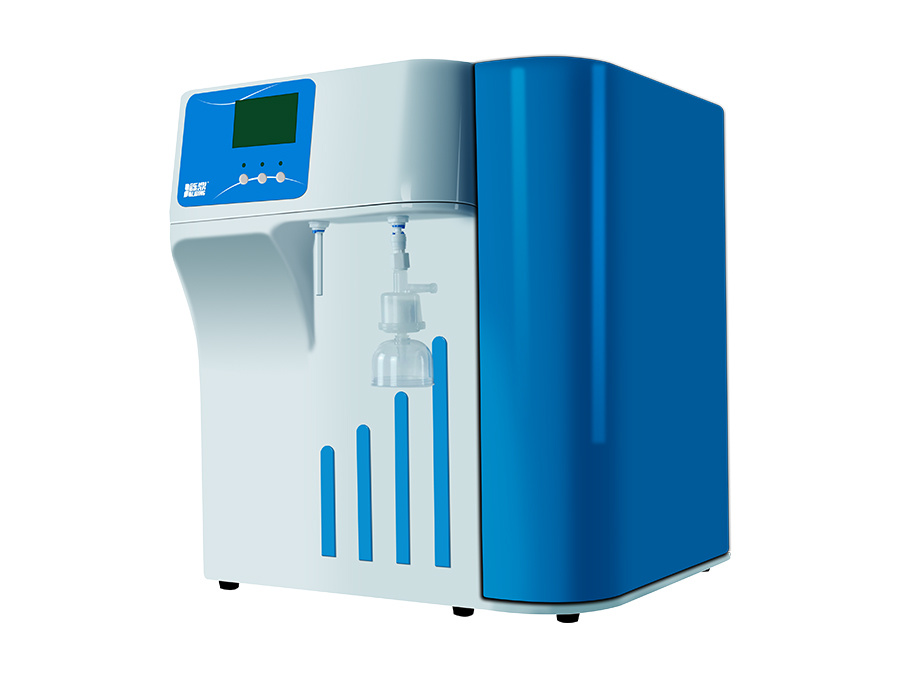Why Your Business Needs an Ultrapure Water Purification System Today
Time:
Jun 05,2025
Why Your Business Needs an Ultrapure Water Purification System Today
Understanding Ultrapure Water Purification Systems
Ultrapure water purification systems are advanced technologies designed to remove impurities from water, ensuring it meets the strictest quality standards. These systems are essential for industries such as pharmaceuticals, electronics, and food and beverage, where even the slightest contamination can lead to significant operational challenges and product failures.
The Science Behind Ultrapure Water
Ultrapure water is defined as water that has been treated to remove virtually all contaminants, including minerals, organic substances, and bacteria. Typically, it has a resistivity of over 18 megohm-cm, a measure of its purity. This level of purity is achieved through processes such as reverse osmosis, deionization, and distillation. Each of these methods plays a vital role in ensuring that the water is not only clean but also free from any contaminants that could compromise sensitive processes.
Key Components of Ultrapure Water Systems
1. **Reverse Osmosis (RO)**: This process uses a semipermeable membrane to remove contaminants from water by applying pressure. It's one of the first steps in producing ultrapure water.
2. **Deionization (DI)**: This method exchanges ions in water, removing total dissolved solids and ensuring high purity levels.
3. **Ultraviolet (UV) Light**: UV treatment eliminates microorganisms, ensuring that the water remains free from biological contaminants.
4. **Filtration**: Various filtration methods, including microfiltration and ultrafiltration, help to remove suspended solids and larger particulates.
The Importance of Ultrapure Water in Industrial Applications
In today's competitive landscape, the demand for ultrapure water is rising, driven by the need for high-quality products and compliance with industry regulations. Understanding how ultrapure water impacts various sectors can help businesses realize its importance.
Pharmaceutical Industry Standards
In the pharmaceutical industry, ultrapure water is essential for drug formulation, cleaning processes, and equipment maintenance. The United States Pharmacopeia (USP) outlines stringent requirements for water quality, which businesses must adhere to avoid costly recalls and compliance issues. Inadequate purification can lead to contamination, affecting drug safety and efficacy.
Electronics Manufacturing Needs
Electronics manufacturing requires ultrapure water to prevent contamination of sensitive components. The presence of even minute impurities can lead to defects in products, resulting in significant financial losses. Companies in this sector often invest heavily in ultrapure water systems to ensure the integrity of their manufacturing processes.
Food and Beverage Safety
In the food and beverage industry, ultrapure water is crucial for ensuring product quality and safety. Water used in food processing, preparation, and cleaning must be free from contaminants to comply with health regulations. Using ultrapure water helps manufacturers avoid legal liabilities and enhances consumer trust.
Benefits of Implementing an Ultrapure Water Purification System
Investing in an ultrapure water purification system provides numerous advantages that can significantly enhance your business operations.
Enhanced Product Quality
Producing high-quality products is essential for maintaining competitiveness in any industry. Ultrapure water systems ensure that the water used in production processes is free from impurities, which can affect the final product. This commitment to quality can lead to higher customer satisfaction and loyalty.
Regulatory Compliance
Businesses that fail to comply with water quality standards risk facing severe penalties, including fines and legal action. An ultrapure water purification system helps companies meet regulatory requirements, safeguarding their reputation and ensuring uninterrupted operations.
Cost Efficiency and Sustainability
While the initial investment in ultrapure water systems may seem high, the long-term savings gained through reduced waste, fewer product recalls, and lower energy consumption can offset these costs. Furthermore, modern purification technologies are designed with sustainability in mind, helping businesses reduce their environmental impact.
Choosing the Right Ultrapure Water Purification System for Your Business
Selecting the appropriate ultrapure water purification system involves considering several factors to ensure it meets your specific needs.
Assessing Your Water Quality Requirements
Understanding the purity levels required for your specific applications is crucial. Businesses should conduct a thorough analysis of their water quality requirements, considering factors such as the type of contaminants present and the necessary purity levels for their operations.
Evaluating System Capacity and Scalability
When choosing a purification system, consider your current and future production needs. Look for systems that offer flexibility and scalability, allowing for adjustments as your business grows.
Maintenance and Operational Considerations
Maintenance costs can significantly impact the total cost of ownership for an ultrapure water system. Evaluate the operational requirements for various systems, including ease of maintenance, reliability, and the availability of support services.
Implementing an Ultrapure Water Purification System: Best Practices
After selecting the right system, implementation requires careful planning and execution to maximize its benefits.
Training Staff and Ensuring Compliance
Training staff on the operation and maintenance of ultrapure water systems is critical to ensuring compliance and efficiency. Staff should be familiar with the system's functionalities and how to troubleshoot potential issues.
Regular Monitoring and Quality Assurance
Continuous monitoring of water quality is essential for maintaining compliance and ensuring the system operates effectively. Implement a quality assurance program to regularly test water purity and identify any deviations from established standards.
Frequently Asked Questions (FAQs)
1. What industries benefit the most from ultrapure water systems?
Industries such as pharmaceuticals, electronics, and food and beverage heavily rely on ultrapure water due to strict quality standards and the need for contamination-free processes.
2. How much does an ultrapure water purification system cost?
The cost of ultrapure water systems varies based on capacity, technology, and specific requirements. Businesses should conduct a cost-benefit analysis to determine the best options for their needs.
3. How often should I maintain my ultrapure water system?
Maintenance schedules depend on the specific system and usage levels. Regular inspections and routine maintenance are recommended to ensure optimal performance.
4. Can ultrapure water systems reduce environmental impact?
Yes, modern ultrapure water purification systems are designed to be energy-efficient and to minimize waste, contributing to sustainability efforts.
5. How do I know if my current water system is adequate?
Evaluate your current system's performance against industry standards and assess its ability to meet your production needs. If quality issues arise or if you face compliance challenges, it may be time to consider an upgrade.
Conclusion
Investing in an ultrapure water purification system is no longer just an option; it has become a necessity for businesses that prioritize quality, compliance, and operational efficiency. As industries grow increasingly competitive, ensuring that your processes are supported by the highest quality water can provide a significant advantage. By understanding the specific benefits, selecting the right system, and implementing best practices, businesses can thrive and maintain their reputation for excellence in their respective markets.








